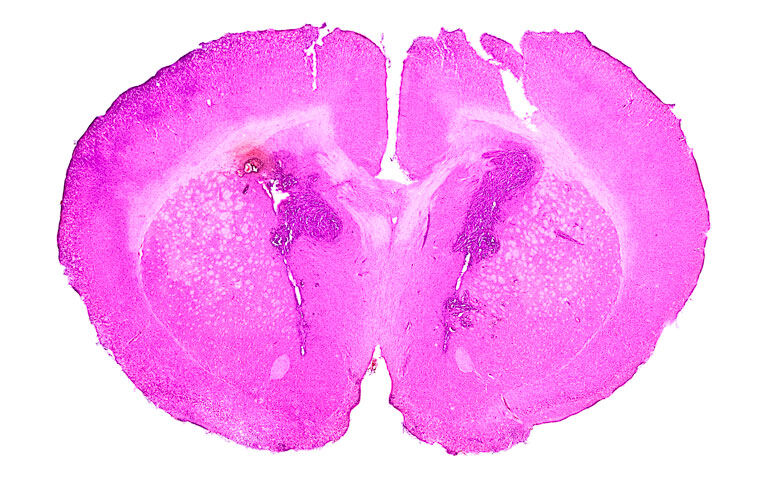Vorasidenib improves progression-free survival in patients with residual or recurrent grade 2 glioma, according to a recent double-blind, placebo-controlled trial.
Diffuse gliomas represent 75% of all primary malignant brain tumours in adults and are both locally aggressive and currently incurable. Moreover, mutations in the isocitrate dehydrogenases (IDHs) encoded by IDH1 and IDH2 are present in the majority of malignant gliomas. Vorasidenib is a novel dual inhibitor of mutant IDH1 and IDH2 enzymes with the potential to treat low grade glioma.
With a Phase 1 trial showing that vorasidenib was effective, the current Phase 3 trial, published in the New England Journal of Medicine, examined the value of the drug in patients with residual or recurrent grade 2 IDH-mutant glioma.
Eligible participants had residual or recurrent histologically established grade 2 oligodendroglioma or astrocytoma and confirmed IDH1 and IDH2 mutation status. Individuals were randomised to receive vorasidenib 40 mg daily or matching placebo in continuous 28-day cycles. The primary endpoint was imaging-based progression-free survival (PFS). An important secondary outcome was the time to the next anticancer intervention.
Vorasidenib and progression-free survival
The study included 331 patients who were assigned to receive either vorasidenib (168 patients) or a placebo. The median follow-up was 14.0 months in the vorasidenib group and 14.3 months in the placebo group.
The median imaging-based PFS was significantly longer in the drug group compared to placebo (27.7 months vs 11.1 months), representing a 61% lower risk of progression or death with the drug (hazard ratio, HR = 0.39, 95% CI, 0.27 – 0.56, p <0.001).
The time to the next intervention was also significantly improved with vorasidenib compared to placebo (HR = 0.26, 95% CI 0.15 – 0.43, p < 0.001). Both the PFS and delay in the time to next treatment advantages of the drug were seen across most of the subgroups studied.
Adverse events of grade 3 or above were higher with vorasidenib compared to the placebo (22.8% vs 13.5%). An increased alanine aminotransferase level of grade 3 or above was seen in 9.6% of vorasidenib and in none of the placebo patients.










